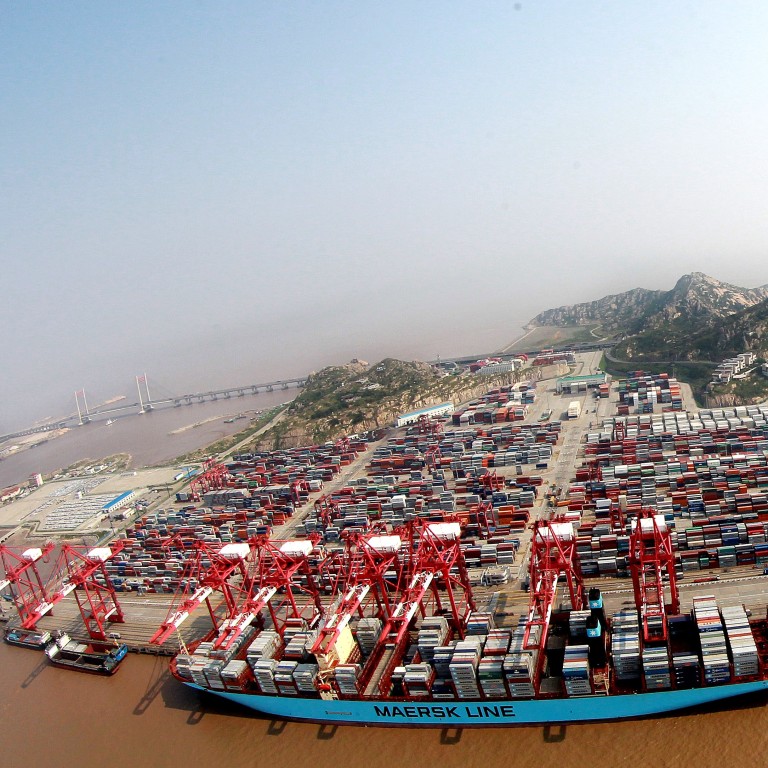
China rolls out new rules for foreign investment in free-trade zones
Central government issues standard policies and shorter list of areas off limits to foreign players
The central government on Monday unveiled a series of policies, including its long-awaited list of restricted areas for foreign investment, for the nation's free-trade zones, ahead of today's launch of three new zones.
said the government would officially launch new free-trade zones in Guangdong, Fujian and Tianjin on Tuesday. The Shanghai FTZ was opened in September 2013.
The State Council also unveiled master plans for each of the three new FTZs and a plan to expand the Shanghai zone.
Meanwhile, a powerful central task force led by Vice-Premier Wang Yang would be set up to coordinate work on the four zones, assistant commerce minister Wang Shouwen said. The so-called Inter-ministries Joint Conference will comprise officials from about 30 central ministries and agencies.
A unified "negative list" will apply to all four zones, suggesting that they will operate under the same rules and policies.
Lu Hongjun, from the Shanghai Institute of International Finance, said the unified policy would allow each zone to develop their own profile, even though they will compete for foreign investment. "Shanghai will focus on finance and services, Guangdong will concentrate on economic integration with Hong Kong and Macau, and Fujian will develop its economic ties with Taiwan," Lu said.
Within the Guangdong zone, Qianhai in Shenzhen would focus on cooperation with Hong Kong on finance and services; Hengqin in Zhuhai will mainly cover tourism and commerce in cooperation with Macau; while Nansha in Guangzhou will specialise in port facilities and manufacturing.
The State Council's negative list comprises 122 areas that are off limits to foreign investment. That is down from the 139 put in place for Shanghai zone and includes sectors such as publishing, news and banking.
The existing 49 per cent foreign investment cap will continue in some areas, such as securities joint ventures and asset management. Other restrictions will continue to apply to areas such as public transport and air and sea cargo operations.
The government said the negative list - which allows investment in any area not specified - was to free up investment for domestic and foreign players.
Many foreign investors were initially disappointed by the long list of restricted investments rolled out for Shanghai when that zone was set up, because they were hoping to see a greater relaxation of investment curbs.
President Xi Jinping said the experience of the Shanghai FTZ should be replicated elsewhere "as soon as possible".
